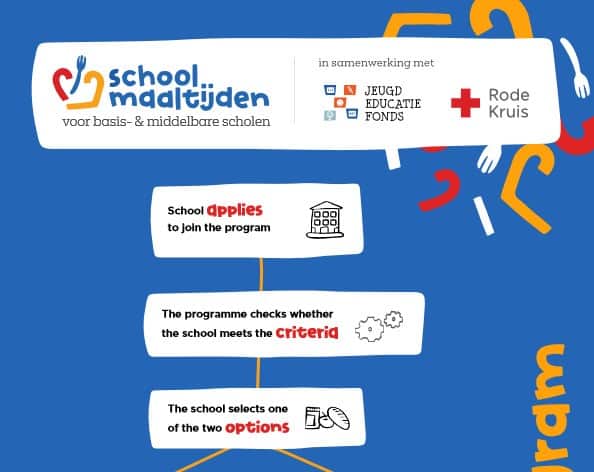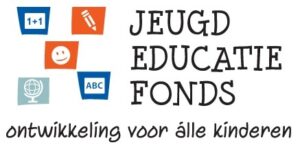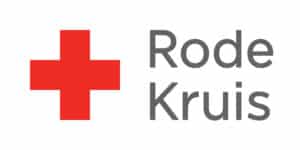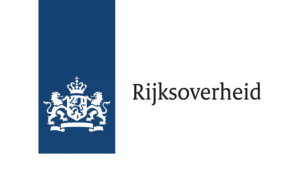Selection and registration
After a school registers, the programme team processes the application. We assess whether the school meets the requirements. Upon approval, the school receives a participation confirmation.
As mentioned earlier, the school can choose between providing meals at school or distributing grocery cards to parents/caregivers. Participating schools either receive financial compensation or parents/caregivers receive a grocery card.
Is your school already participating in the programme and would you prefer to switch to the other option? This can be done under certain conditions, in consultation with the School Meals Programme.





